Month: November 2015
-
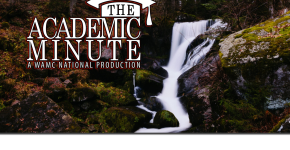
The Academic Minute for 2015.11.16-11.20
Catch up with The Academic Minute from 11.16 – 11.20 Monday, November 16 Russell Ciochon – University of Iowa Early Humans In Island Southeast Asia Russell L. Ciochon is a professor of Anthropology at the University of Iowa in Iowa City, IA. As a paleoanthropologist, he studies Homo erectus from a variety of perspectives and has…
-

2015 Listener’s Choice Award
It’s that time of year again – vote for The Academic Minute Senior Superlatives Listener’s Choice Award! Have a listen to some of the top segments from this year and cast your vote for your favorite one. February 16th, 2015 Dr. Ronald Mallett – University of Connecticut Theories of Time Travel As we near the 100th anniversary…
-
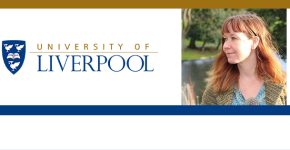
Minna Lyons, University of Liverpool – Late Nights & Mental Health
Do you like to stay up late on Friday and Saturday nights? Minna Lyons, lecturer in psychology at the University of Liverpool, discusses some personality traits associated with those of us who are night owls. Dr Minna Lyons is a lecturer in psychology, with a special interest in evolutionary applications to human behaviour. After conducting her…
-
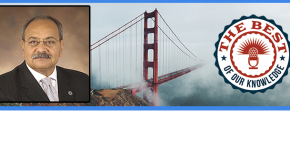
Nabil Grace featured on The Best of Our Knowledge
As always, host Bob Barrett selects an Academic Minute to air during The Best of Our Knowledge. Each week this program examines some of the issues unique to college campuses, looks at the latest research, and invites commentary from experts and administrators from all levels of education. For this week‘s edition (#1313), Bob has selected Nabil…
-

Ken Tankersley, University of Cincinnati – Migratory Patterns
Fossils are helping us uncover our ancestors’ migratory patterns. Ken Tankersley, associate professor of anthropology and geology at the University of Cincinnati, discusses his work discovering ancient specimens. UC’s Ken Tankersley is a leading Quaternary scientist focusing on archaeological problems associated with human migration, adaptation and natural resource use during periods of climatic, environmental and catastrophic change.…
-
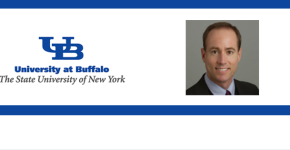
Blaine Pfeifer, University at Buffalo – E. Coli
Does E. Coli have a positive benefit to humans? Blaine Pfeifer, Associate Professor of Chemical and Biological Engineering at the University at Buffalo, explores this question. Dr. Pfeifer’s work seeks to influence cellular, metabolic, and process events required to produce new therapeutic products. As an example, he is studying how to engineer E. coli to generate…
-
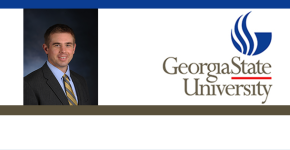
Charles Courtemanche, Georgia State University – Cheap Food & Obesity
Is cheap food the cause of the obesity epidemic? Charles Courtemanche, associate professor of economics at Georgia State University, examines this factor in the debate. Dr. Courtemanche is an Associate Professor of Economics in the Andrew Young School of Policy Studies at Georgia State University. He is a health economist and applied microeconomist with particular…
-
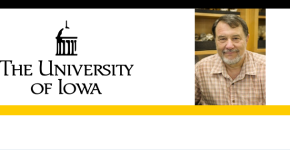
Russell Ciochon, University of Iowa – Early Humans In Island Southeast Asia
Have humans experienced rising sea levels in the past? Russell Ciochon, professor of anthropology at the University of Iowa, explores this question and explains the history of some of our earliest ancestors. Russell L. Ciochon is a professor of Anthropology at the University of Iowa in Iowa City, IA. As a paleoanthropologist, he studies Homo…
-
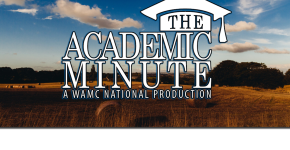
This Week on The Academic Minute (2015.11.16)
This Week on The Academic Minute 2015.11.16 Monday, November 16 Russel Ciochon of the University of Iowa explores early humans in Southwest Asia. Tuesday, November 17 Charles Courtemanche of Georgia State University delves into cheap food and it’s effect on obesity. Wednesday, November 18 Blaine Pfeifer of the University at Buffalo examines the positive side of E. coli. Thursday, November 19 Ken…
-

The Academic Minute for 2015.11.9-11.13
Catch up with The Academic Minute from 11.9 – 11.13 Monday, November 9 Christopher Salas-Wright – University of Texas at Austin Immigrants and Crime Dr. Christopher Salas-Wright is Assistant Professor in the School of Social Work at The University of Texas at Austin. He received his PhD from Boston College and completed an NIH-funded postdoctoral fellowship…
